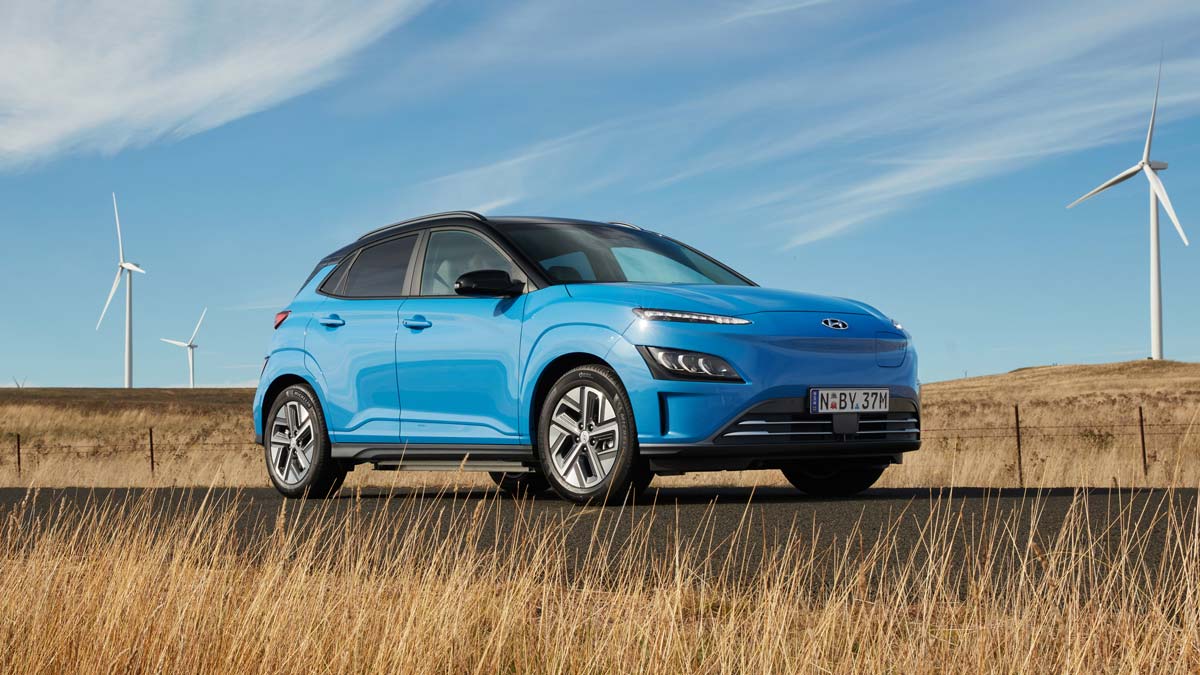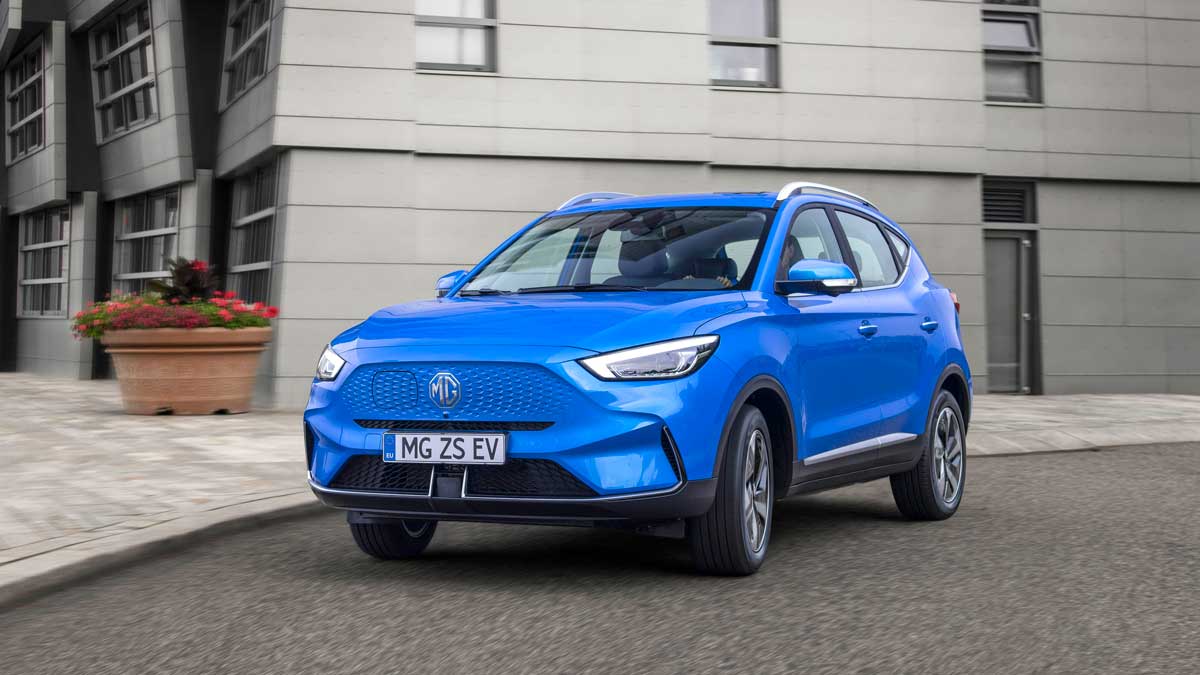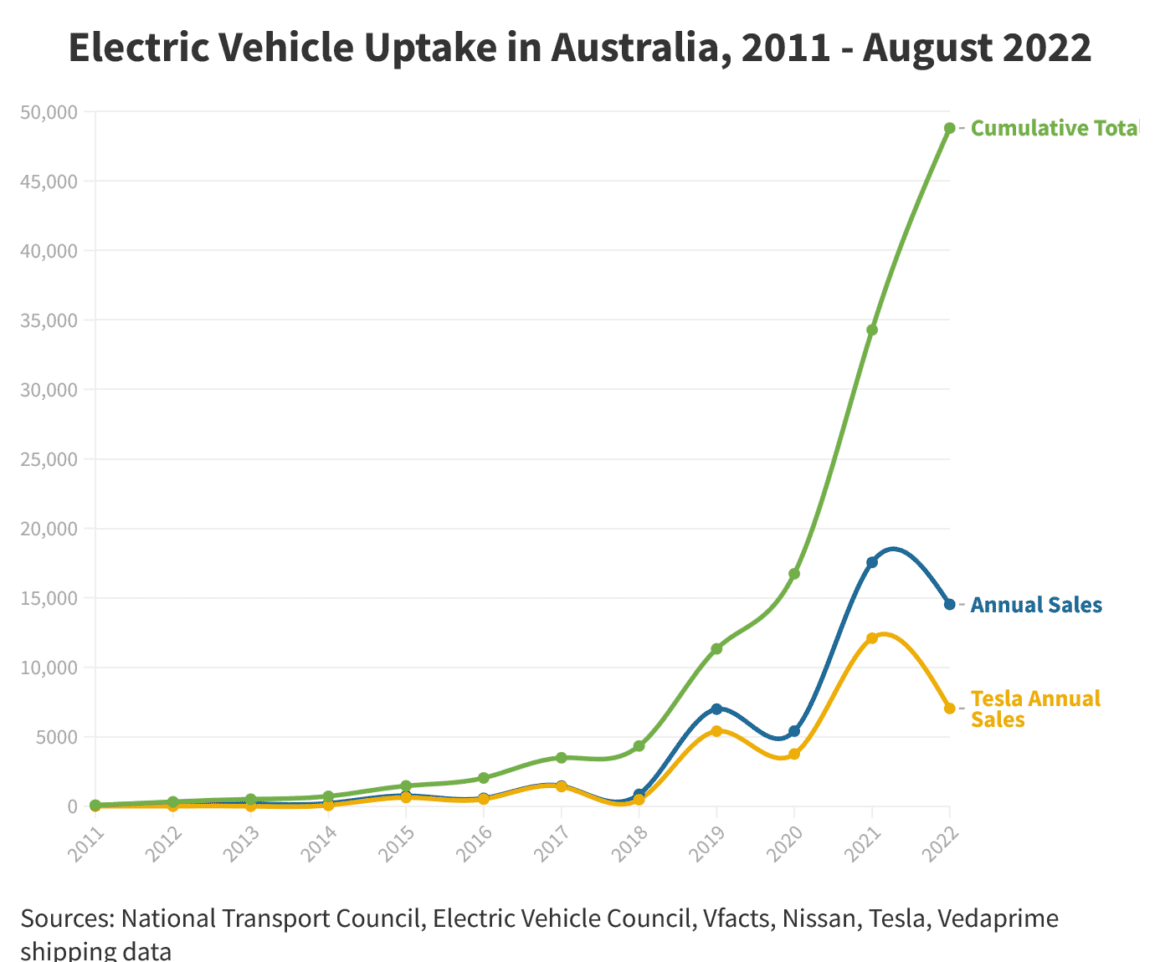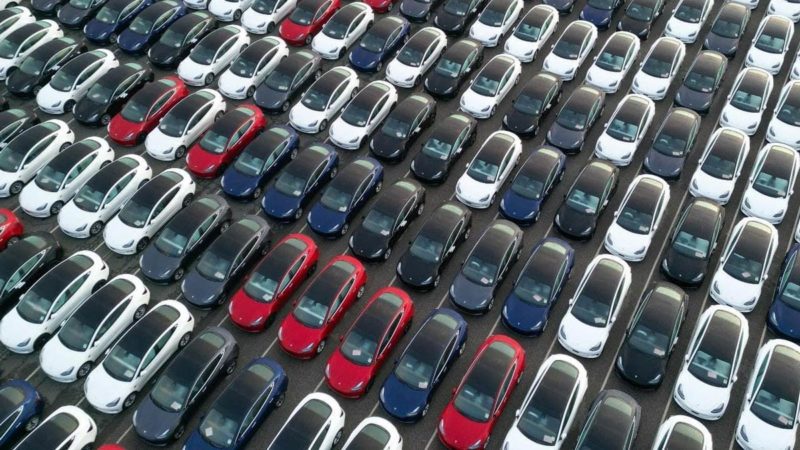Electric car sales claimed 4.4% of the auto market in the month of August as sales volume for the year to date neared 15,000, two new highs for zero emissions transport in Australia.
As The Driven reported on Monday, August was a milestone month for both Tesla and and the overall market, with the world’s most popular EV brand selling twice as many Model 3s as Toyota sold Camrys, and introducing the long awaited electric crossover, the Model Y.
After a gap in exports from China as the country grappled with renewed Covid outbreaks and ensuing shutdowns, Tesla delivered more than 3,000 EVs in August, tipping over the 8,000 mark for the first eight months of the year.
As with most models on the market, sales numbers are actually indicated by deliveries. By and large, carmakers are taking pre-order deposits ahead of delivery, as they clamber for inventory (or in the case of Tesla, ramp production back up after its factory shutdown delays.)
This meant that – although some Tesla customers have held orders since as far back as January – Tesla was only able to mark as a sale once the cars were delivered – in August, this has been 2,380 Model 3s and 1,017 Model Ys.

That gave Tesla the top two spots in the August monthly sales, by a country mile.
Hyundai claimed third place for the month with its Kona Electric (120 cars), followed by the Kia EV6 (80 cars) in fourth place. Hyundai followed this up with 78 all-electric Ioniq sales putting it in fifth place. Perhaps surprisingly, the BMW iX – which starts at $135,900 – holds sixth place with 75 deliveries in August.
Top 10 EV models in August
| Rank | EV Model | Starting Price | EV sales Aug 2022 | YTD 2022 |
| 1 | Tesla Model 3 | $63,900 | 2,380 | 7,037 |
| 2 | Tesla Model Y | $72,300 | 1,017 | 1,017 |
| 3 | Hyundai Kona Electric | $54,500 | 120 | 777 |
| 4 | Kia EV6 | $67,990 | 80 | 426 |
| 5 | Hyundai Ioniq | $49,970 | 78 | 532 |
| 6 | BMW iX | $135,900 | 75 | 239 |
| 7 | Hyundai Ioniq 5 | $69,990 | 72 | 418 |
| 8 | Mini Cooper Electric | $55,650 | 55 | 270 |
| 9 | Polestar 2 | $63,900 | 38 | 694 |
| 10 | Nissan Leaf | $61,490 | 38 | 284 |
Top 10 EV brands YTD 2022
Tesla can claim some 55% of the 14,523 EVs sold in Australia so far in 2022. Hyundai claims second place with 1,728 EVs sold in Australia so far for the year – almost 12% of EV market share – while Polestar, MG and Kia hold third, fourth and fifth place.
| Rank | Brand | EV Sales YTD 2022 | % EV market share |
| 1 | Tesla | 8,054 | 55.45% |
| 2 | Hyundai | 1,728 | 11.90% |
| 3 | Polestar | 694 | 4.78% |
| 4 | MG | 673 | 4.63% |
| 5 | Kia | 609 | 4.19% |
| 6 | Volvo | 525 | 3.61% |
| 7 | BMW | 410 | 2.82% |
| 8 | Porsche | 374 | 2.58% |
| 9 | Nissan | 276 | 1.90% |
| 10 | Audi | 90 | 0.62% |
| 11 | Lexus | 55 | 0.38% |
| 12 | Mazda | 27 | 0.19% |
| 13 | Genesis | 26 | 0.18% |
| 14 | Jaguar | 17 | 0.12% |
Top 10 EV models YTD 2022
This means the Tesla Model 3 and Model Y – unsurprisingly – are the two top sellers in the local EV market in 2022 so far. Perhaps surprisingly however are the next three places. The Hyundai Kona Electric maintains its popularity holding third place, with 777 vehicles sold year-to-date and 120 for the month.
Polestar holds fourth place with 694 sales, while the MG ZS EV holds fifth place with 673 sales.

If not for a pause in deliveries while the SAIC-owned brand waits for its refreshed ZS EV to hit the market, the ZS EV could be sitting at number three.
But not for long – with BYD Atto 3 deliveries now underway we expect to see it race up the leaderboard in coming months.

This article has been updated to correct Taycan and Polestar 2 sales figures.

Bridie Schmidt is associate editor for The Driven, sister site of Renew Economy. She has been writing about electric vehicles since 2018, and has a keen interest in the role that zero-emissions transport has to play in sustainability. She has participated in podcasts such as Download This Show with Marc Fennell and Shirtloads of Science with Karl Kruszelnicki and is co-organiser of the Northern Rivers Electric Vehicle Forum. Bridie also owns a Tesla Model Y and has it available for hire on evee.com.au.


